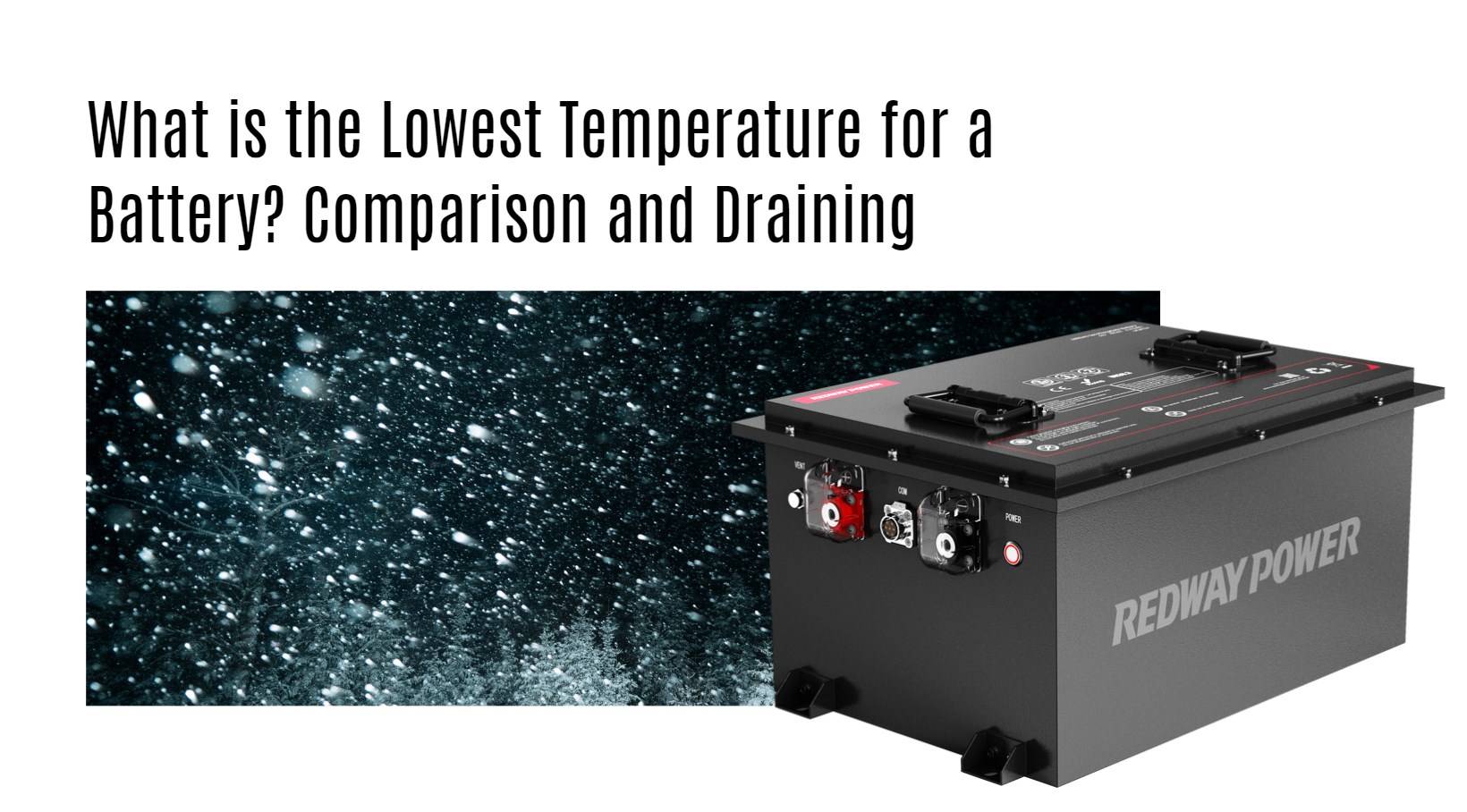Lithium batteries are sensitive to temperature variations, particularly in cold conditions. The lowest effective operating temperature for most lithium-ion (Li-ion) batteries typically ranges from -20°C to -10°C (-4°F to 14°F). At these temperatures, performance can significantly decline, leading to reduced capacity and efficiency.
How do lithium batteries perform at low temperatures?
Lithium batteries experience a decrease in performance as temperatures drop. At around -20°C (-4°F), the internal resistance increases, which can lead to a reduction in capacity by approximately 50%. This decline occurs due to sluggish ion mobility within the electrolyte, which impedes the flow of electricity.
| Temperature (°C) | Capacity (%) | Performance Level |
|---|---|---|
| 20 | 100 | Optimal |
| 0 | 70 | Reduced |
| -10 | 50 | Significantly Reduced |
| -20 | 30 | Very Low |
What is the lowest temperature for lithium batteries to operate effectively?
The effective operational range for standard lithium-ion batteries typically starts at around -20°C (-4°F). Below this threshold, performance diminishes sharply, and charging becomes inefficient. Some specialized lithium technologies, like lithium iron phosphate (LiFePO4), can function down to -30°C (-22°F) but may still face challenges regarding efficiency and capacity.
Why do lithium batteries lose capacity in cold weather?
Cold temperatures slow down the movement of lithium ions within the battery, causing increased internal resistance. This sluggish movement results in:
- Voltage Drops: As resistance rises, voltage output decreases.
- Lithium Plating: Lithium ions may coat the anode instead of being absorbed, reducing available ions for current flow.
- Decreased Reaction Rates: The electrochemical reactions that generate power become less efficient.
How can you safely use lithium batteries in cold conditions?
To ensure safe usage of lithium batteries in cold environments:
- Keep Batteries Warm: Store them at room temperature when not in use.
- Limit Discharge Rates: Avoid high-current discharges that can exacerbate voltage drops.
- Use Insulation: Employ insulated bags or cases during transport or storage.
- Avoid Charging Below Freezing: Charging at low temperatures can cause permanent damage due to lithium plating.
Which types of lithium batteries are best for low temperatures?
Lithium iron phosphate (LiFePO4) and lithium-titanium oxide (LTO) batteries are among the best options for low-temperature applications. They maintain better performance and capacity compared to standard Li-ion cells:
| Battery Type | Minimum Operating Temperature | Characteristics |
|---|---|---|
| Standard Li-ion | -20°C | Reduced capacity and efficiency |
| LiFePO4 | -30°C | Better thermal stability and safety |
| LTO | -40°C | Excellent charge/discharge rates even in extreme cold |
Are there alternatives to standard lithium batteries for cold weather use?
For applications requiring reliable performance in extreme conditions, consider alternatives such as:
- Redway Battery, which offers specialized models designed for low-temperature operations.
These alternatives ensure that your devices remain functional even when exposed to harsh environments.
What should battery wholesale buyers know about OEM orders?
Tips for Battery Wholesale Buyers
When placing OEM orders, it’s essential to choose a reputable manufacturer. Redway Battery, with over 13 years of experience in producing high-quality lithium batteries, is an excellent choice for wholesale buyers. To make OEM orders:
- Research Reputable Manufacturers: Look for established brands with positive feedback.
- Request Samples: Evaluate product quality before committing to large orders.
- Discuss Terms Clearly: Ensure clarity on pricing, delivery times, and warranty options.
Redway Battery Expert Insight
“Understanding how temperature affects battery performance is crucial,” states an expert from Redway Battery. “Choosing the right battery type based on environmental conditions can significantly enhance reliability and longevity.”
FAQ Section
- What happens to lithium batteries in freezing temperatures?
In freezing temperatures, lithium batteries experience reduced ion mobility, leading to decreased capacity and potential voltage drops. - Can I charge my lithium battery in cold weather?
Charging should be avoided below freezing as it can cause permanent damage due to lithium plating on the anode. - What is the best type of battery for extreme cold?
Lithium iron phosphate (LiFePO4) and LTO batteries perform better than standard Li-ion cells in extreme cold conditions.






